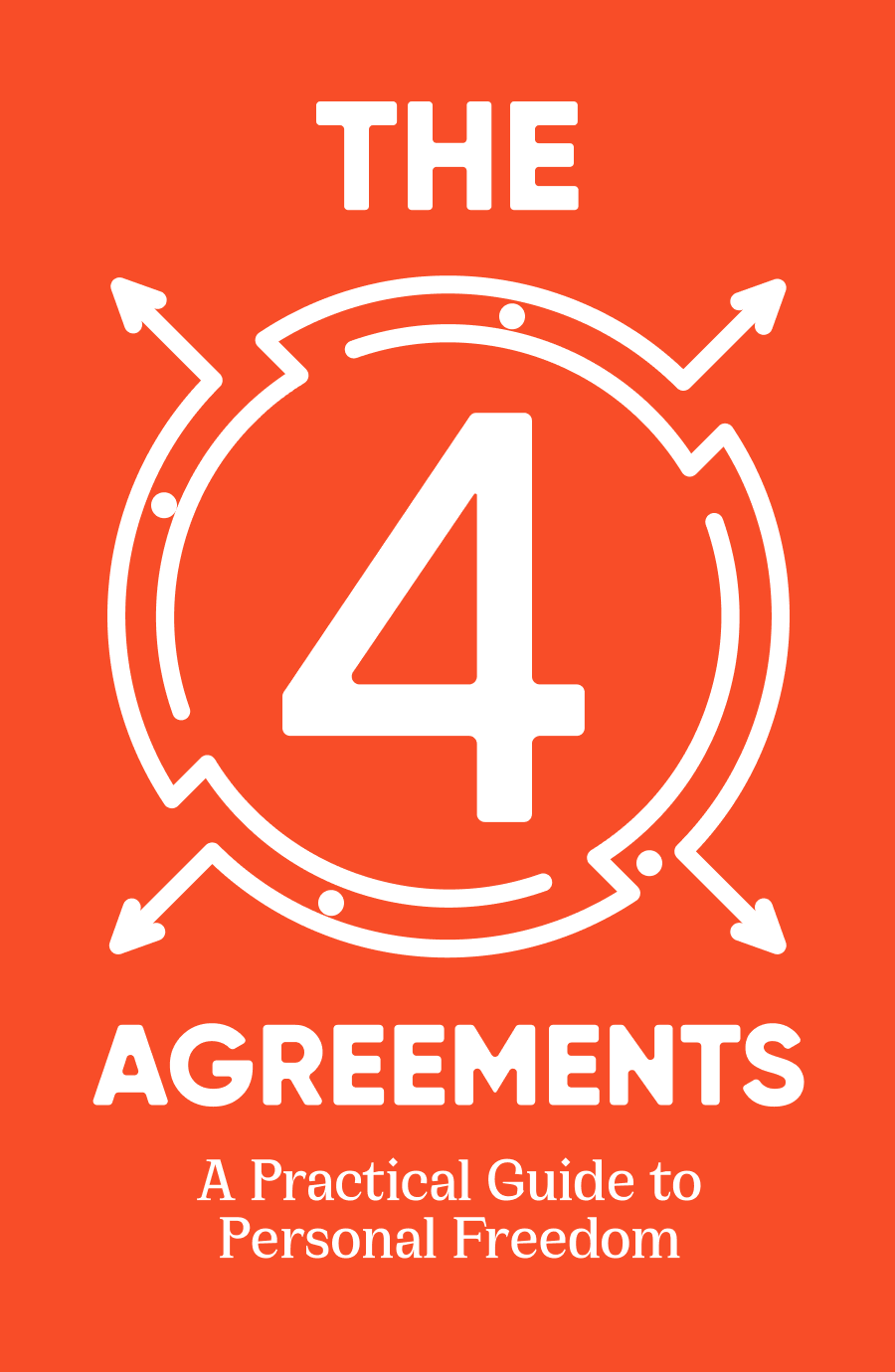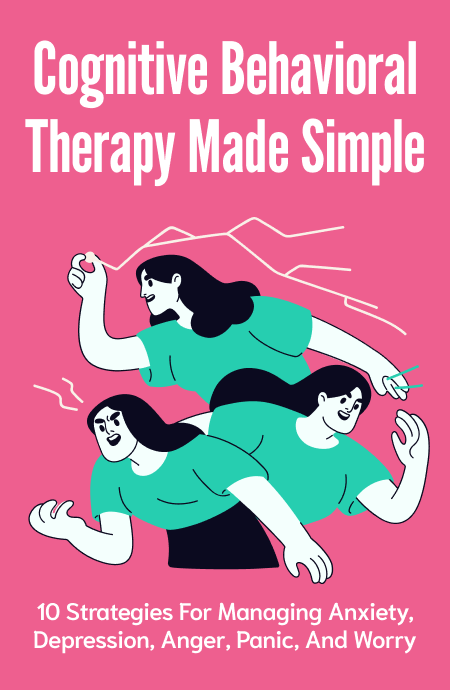Lesson 1. Dreams.
There are agreements we make with ourselves, our Gods, and even with our life. Our every action is based on these agreements. Whatever we believe, is based on these agreements. If we think highly of someone, it is because these agreements are at work.
Certain agreements have the potential to create issues in our lives, as they originate from a place of fear. These issues might be anything starting from exhausting one's emotional energy, to the downgrading of one's self-worth. These self-limiting agreements are the reasons behind our eternal suffering.
The book begins by stating that whatever we are seeing and hearing is nothing but a dream. We are actually dreaming but with our brain awake.
The primary function of our mind is to dream. And our minds dream throughout twenty-four hours. It is dreaming whenever our brain is awake. Needless to say, it dreams even when our brain is sleeping. The difference is that there is a materialistic frame that is perceived as linear by our brain when it is awake. But when we are sleeping, the materialistic frame disappears and the dream serves more of a conceptual purpose and changes constantly.
Lesson 2. Domestication.
Domestication is complicated and not always fruitful. On the topic of domestication, Miguel Ruiz says that attention helps us to focus only on the things that we want to perceive. One can perceive millions of things at the same time, but by using attention, it becomes easier to hold on to the things that matter. We have learned everything we know because the adults around us have put those information in our brains. After all, this is how they themselves have learned.
Attention is that ability which we use to learn a whole reality and a whole dream. We learn what to believe and what not to, by using our attention. As children, we did not get to choose our beliefs. We were handed down the pre-existing beliefs of our parents and teachers. According to Don Miguel Ruiz, we store information by agreeing. This is the only way to store information because as soon as we agree, we start believing in it. This is called faith.
This is how children learn: they believe everything adults say. As they did not choose their beliefs, they rebel against them. But human beings are not strong enough to win the rebellion. We end up surrendering to these beliefs with our agreements. The authors call this process “domestication” of humans. And with the help of this domestication, we learn
Unlock Knowledge with Wizdom App
Explore a world of insights and wisdom at your fingertips with the Wizdom app.
 1 Million+ App Download
1 Million+ App Download  4.9App Store Rating
4.9App Store Rating 5000+Summaries & Podcasts
5000+Summaries & Podcasts









